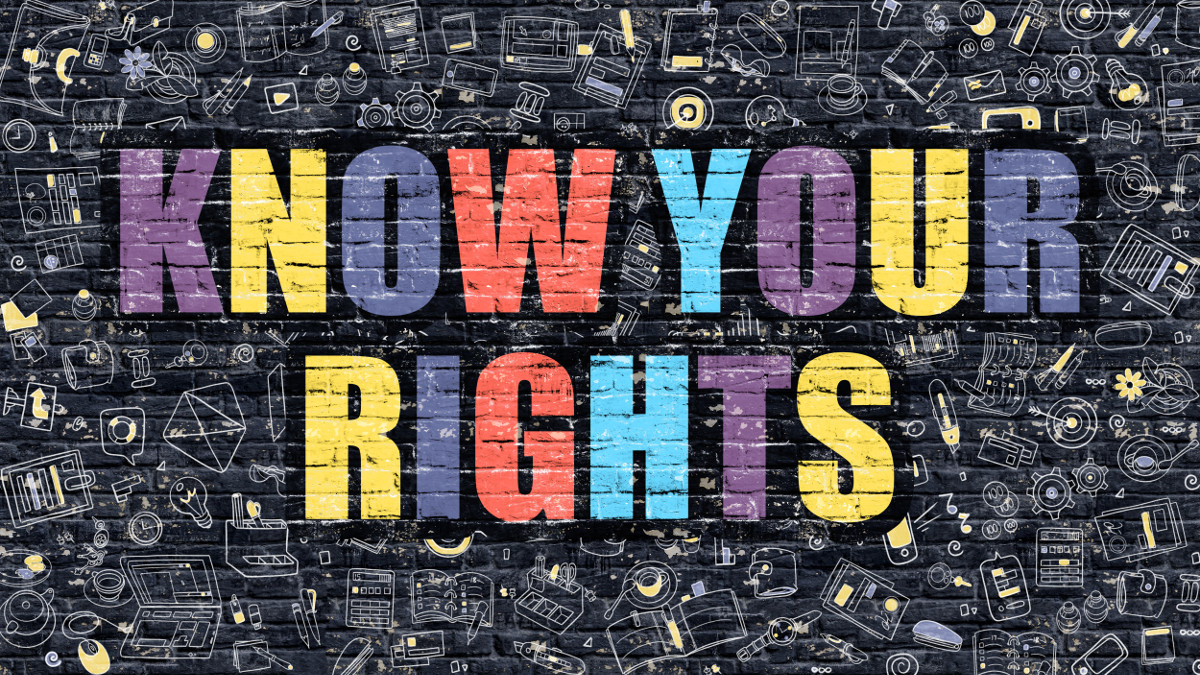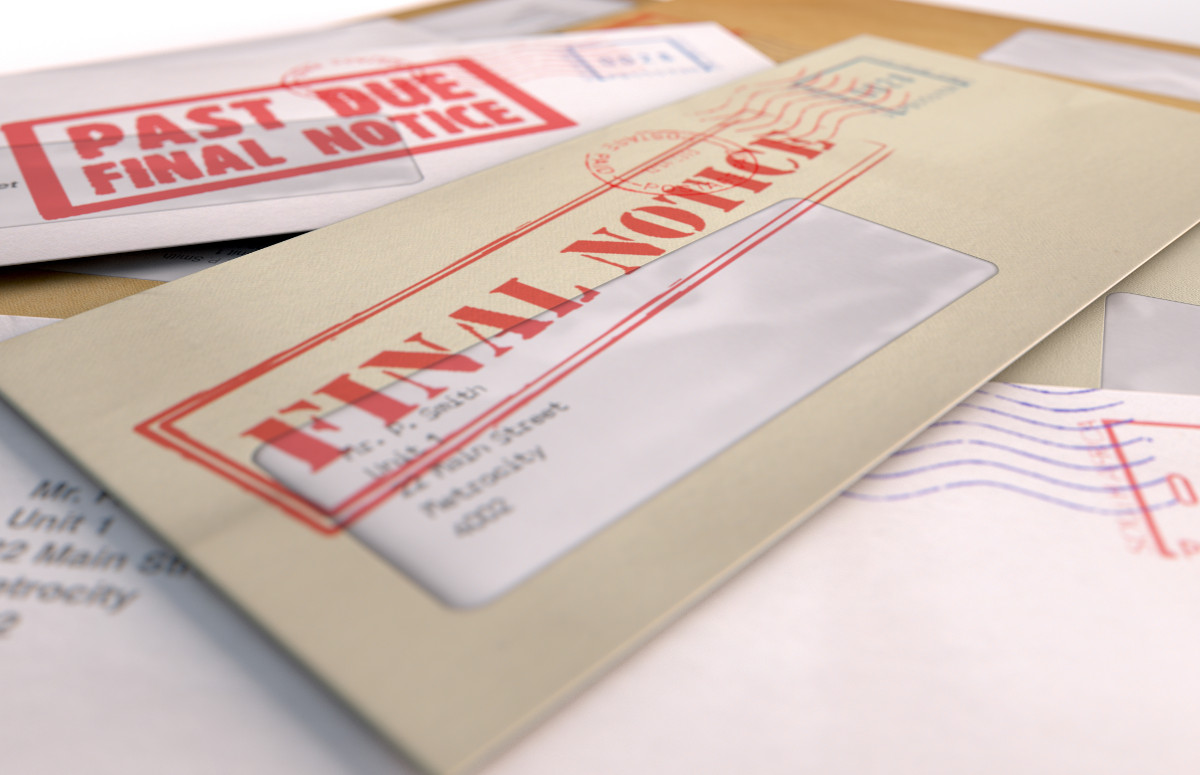How to deal with debt collectors
Have you received a call for your unpaid bill or loan? Here are seven tips for dealing with debt collectors. Know your rights and be ready to negotiate your debt.
It's one of those calls that everyone dreads receiving – a debt collector calling to ask you about an unpaid bill or loan. Ignoring their calls and letters won’t make your debt go away. But that doesn't mean you have to put up with them harassing you. Instead of panicking or putting your head in the sand, here are some tips that will help you handle debt collectors when they come knocking on your door.
#1: Know your rights

Collection agencies are required by the Fair Debt Collection Practices Act (FDCPA) to follow certain practices. They are not allowed to use abusive or obscene language. Nor are they allowed to call you before 8 in the morning or after 9 p.m. without your permission. They cannot call you while you're at work if you have asked them to stop. They also cannot threaten to sue you, seize your property, or get your wages unless they intend to do so. Knowing your rights can shield you from debt collection tactics that are predatory. They need to be honest in their communications with you and they will need to contact you how and when you specify. More importantly, you can even dispute the debt within 30 days of first contact.
#2: Get it in writing
According to the Fair Debt Collection Practices Act, you are also entitled to receive a written notice of your debt – how much you owe, which creditor you owed the money to, and important information on how to challenge the debt if you believe that you don't really owe the money. This written verification should be sent to you within five business days of first contact. You can request a validation letter if you haven't received one within that time frame.
#3: Keep copies and records

You need to keep a file on all communications between you and the collection agency, including phone conversations. If you are communicating with the agency via mail, make sure that you use certified mail to ensure that they receive it. Keeping good records can help your case if the debt collector breaks the law.
You will also need to gather all the documentation you have on your debt – information on the creditor, any payments you have previously made, etc. When a creditor sells a debt to a third party, there's a chance that the records may no longer be accurate, particularly if the debt has been resold a couple of times. What this means is that the amount owed and even the person who owes it are no longer accurate. With good record keeping, you can prove if the amount being collected from you is correct or even if it’s yours. This is a good practice for any debts you may have, including online loans. Having the necessary paperwork to back up your claims, especially full repayment of your debts, can protect you from any debt collectors thinking to come after you for a loan that no longer exists.
#4: Don’t Pay at First Contact
While having a debt collector knocking on your door can be scary, don't panic. Don't make promises right away just to get them off your back because you're ashamed of what other people will say. In fact, don't pay them at all, even a small amount such as $5. This is because it signifies an acknowledgment on your part that the debt is yours which could lead to serious repercussions. All consumer debts have a statute of limitations – the number of years where a creditor is legally able to sue you for payment. If you pay a debt collector on a debt that is already past that time frame, it "resets" the time frame and makes you vulnerable to wage garnishment or a lawsuit. Instead, you must get all the information on the debt and tell the collection agency that you will get in touch with them at a later date. Take the time to check your records and think through your options.
#5: Safeguard your bank accounts
If the debt is yours, a debt collector has the right to file a suit against you for nonpayment. If that's the case, one of the court-ordered options for debt collection is to freeze savings or checking accounts. Obviously, this could cause problems with your cash flow. The good news is that certain funds are exempt such as Social Security or disability checks. If you have any exempt funds, it's important that you have separate bank accounts for them which prevent them from being used to make court-ordered debt payments.
Another way to safeguard your accounts is to avoid giving collection agencies your bank account and routing numbers. This is to prevent them from being able to make direct electronic withdrawals from your bank account. Instead, pay with a third-party payment service such as a money order. You'll still have proof of payment but won't provide your banking information to the collection agency.
#6: Don't say too much, and be firm.
Debt collectors will try to pry information out of you to help them determine whether you are able to pay off the debt. So, it is very important that you say as little as possible about your financial status and stay calm despite what they may say. Stick to the facts at all times.
#7: Don’t be afraid to negotiate.
The goal of any collection agency is to recover a debt. In fact, they may be willing to receive any payment that they can get, even just part of the full amount. This is why experts often recommend negotiating with the collections agency to accept a reduced payment to settle the debt. You can also work with them to devise a payment plan that both parties are happy with. You may even negotiate for a payment-for-deletion deal where the debt collector agrees to remove the debt from your credit report if you pay the debt in full. Whatever negotiations you make, ensure that you get all the details of your deal in writing before pushing forward.


